Nestled by the sunlit waters of the Arabian Sea, the coastal expanses of Kerala and Karnataka are a treasure trove of secret coves and beautiful beaches. A magnet for sun worshippers and aqua buffs from around the world down the decades, it was inevitable that some of the once-pristine beaches lost their charm. Careless tourist behaviour, further underpinned by the local community culture about the health and hygiene of the beaches, as well as unorganised and unscientific fishing practices and poor maintenance and cleanliness conditions have been major culprits in the unchecked growth of litter and pollution on beaches.
In the light of such a dismal scenario heartening news comes to us with the coveted Blue Flag Certification being bestowed on Kerala’s Kappad and Chal Beaches.
Kappad Beach located in Kozikode, the land of Zamorins, and Chal Beach in Kannur have been rewarded with this prestigious international certification by the Denmark-based Foundation for Environmental Education (FEE) thanks to the concerted efforts of the local authority’s beach cleaning drives. This honour reflects Kerala's ongoing dedication to environmental conservation and sustainable tourism.
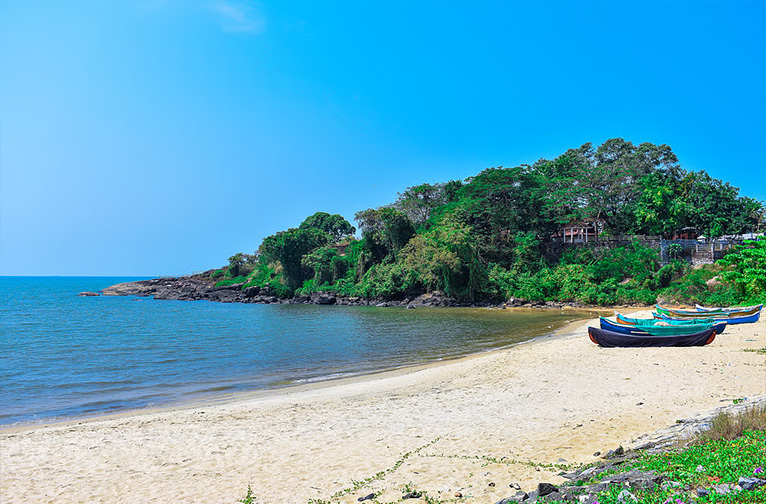
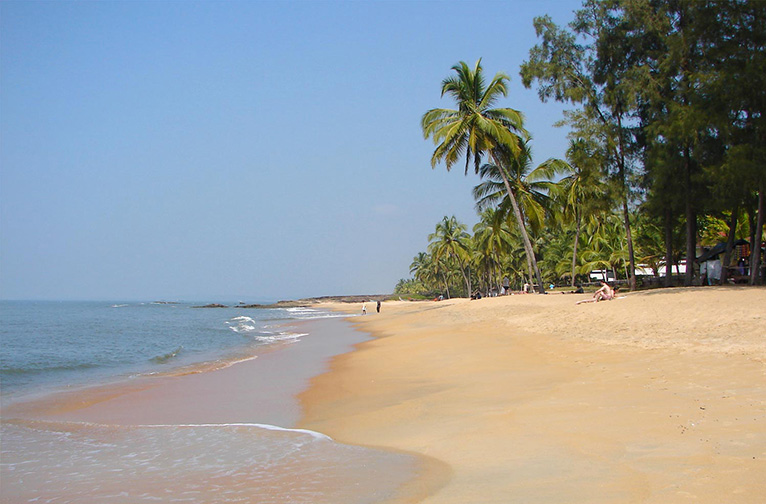
The Blue Flag certification was established in 1985 to promote sustainable coastal development globally. India is home to 13 Blue Flag beaches, including Kappad and Chal, demonstrating the country’s ongoing commitment to sustainable tourism The award is given to the safest, cleanest, and environment-friendly beaches of the world. Blue Flag beaches are recognized for their exceptional water quality, environmental management, high safety standards, and dedication to sustainable tourism. The Blue Flag certificate is awarded by an International Jury composed of eminent members of the United Nations Environment Programme (UNEP), World Tourism Organization (UNWTO), FEE, and IUCN. The Indian beaches are being developed by the Society for Integrated Coastal Management (SICOM), an environment ministry's body working for the management of coastal areas, according to the Blue Flag certification standards. To make the beach environment and tourist-friendly in accordance with the Blue Flag standards, a beach has to be plastic-free and be equipped with a waste management system. They also have to ensure availability of clean water for tourists, have amenities of international standards for tourists and be equipped with facilities for studying environmental impact around the beach.
Acquiring the Blue Flag status is a big deal for countries promoting beach tourism as a revenue earner. The certification is given to coastal communities all over the world as a symbol of environmental distinction in support of the Sustainable Development Goals of the United Nations (SDGs). For Kerala this means the certification further enhances the global appeal of its beaches while at the same time endorsing the state’s success in balancing tourism growth with ecological responsibility.
Did you know that the importance of the Blue Flag certification lies in its a global acknowledgement as an eco-label granted to beaches, marinas, and boating facilities that meet strict environmental, safety, and cleanliness criteria? With benchmarks such as superior water quality, effective waste management, and sustainable practices, the certification represents a commitment to excellence.
Few people are aware that Kerala’s beaches have the least polluted waters in the country. Among the 12 coastal states/UTs in India, Kerala tops in Coastal Water Quality Index (CWQI), according to the "EnviStats India 2024: Environment Accounts" released by the Indian government. The report indicates these coastal waters are significantly better than those along the rest of the Indian coast. The improvement in water quality is likely due to the increased freshwater input during the monsoon season, which dilutes unwanted substances.
For Kerala, earning the Blue Flag certification for its Kappad and Chal beaches is a significant milestone in its endeavour to make the state one of India’s most sought-after destinations for eco-conscious travellers seeking sustainable and enriching experiences. Both these beaches have transformed into models of responsible tourism, offering clean and secure environments while preserving their natural beauty. It underpins Kerala's consistent efforts to make tourism both accessible and environmentally friendly.
Did you know that Kappad Beach is the spot for the famous Portuguese sea explorer, Vasco de Gama, first landed on the shores of India on May 20, 1498? Check out the stone monument raised here to commemorate that momentous event which opened up the floodgates for European trade for spices and other goods on this virgin sea route from Europe to India in this coastal region. If you are here around the nesting period of the Olive Ridley Turtles you can take home many treasured memories of this unique global phenomena. Olive Ridley Turtles, travelling over hundreds of nautical miles, return every year in the month of September to the pristine environs of Kappad to lay their eggs in the soft sands, making it a focal point for conservationists. Efforts such as beach clean-ups, awareness programs, and protected nesting zones ensure the safety of these turtles, emphasizing the beach’s ecological value and biodiversity.
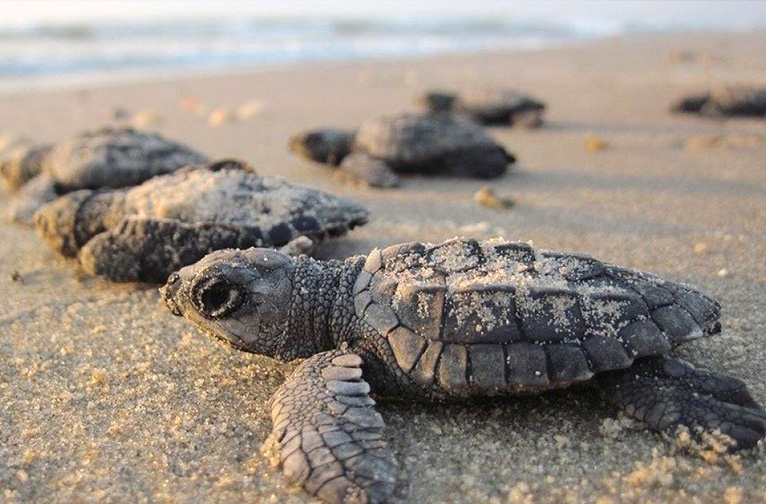
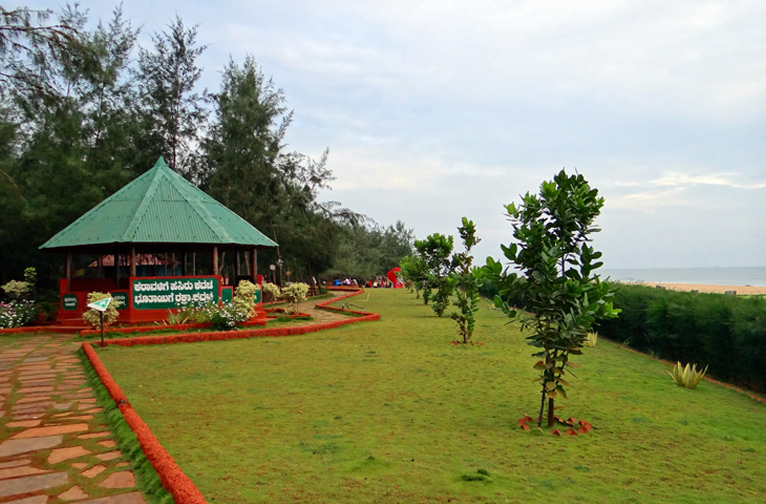
The tranquil expanses of Chal Beach, just 10km away from Azhikode Grama Panchayat north of Kannur, are an alluring escape for locals and itinerant travellers looking for an uncrowded beach experience. Lifeguards stand watch along the shoreline of the 300-metre safe swimming zone. The Butterfly Park and the Turtle Hatchery (in the nesting season) are a big draw here
The gorgeous Kasarkod Beach, located in the state of Karnataka is another Blue Flag Beach. Located in the Honnavar Taluk of the Uttara Kannada District, the 5km stretch of pristine shoreline is a magnet for tourists. One of Karnataka’s finest beaches, it has set the bar very high for cleanliness and waste management. The talking points of these endeavours are its greywater treatment plants, solid waste management systems, clean drinking water facilities, as well as well-maintained washrooms and changing rooms.
Padubidri Beach, located in Udupi district, is considered one of the loveliest beaches in India. Its Blue Flag certification has been pivotal in enhancing its attraction for tourists from all over the globe.
India's coastline of more than 7,500 km reflects its huge vast ocean resources. Litter, especially in the form of plastics in the marine environment, is a major concern and growing problem; a number of studies have shown their harmful impact on marine biodiversity, ecosystems, fisheries, human health and economy. Usually, wastes from land-based sources make up the major share of marine litter.
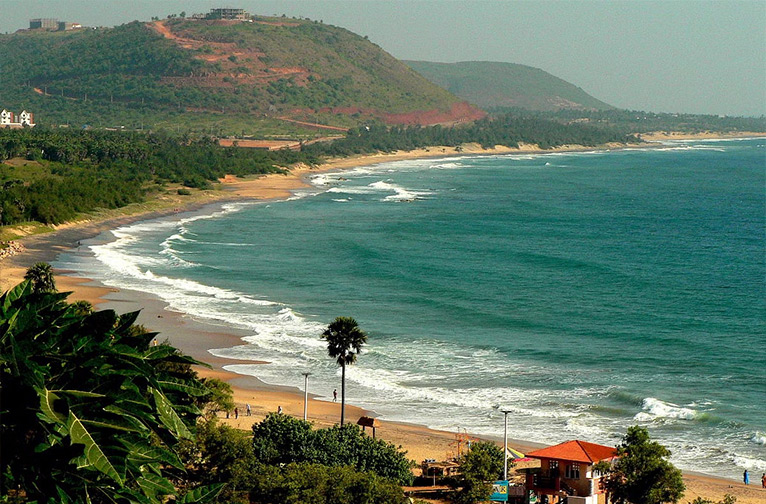
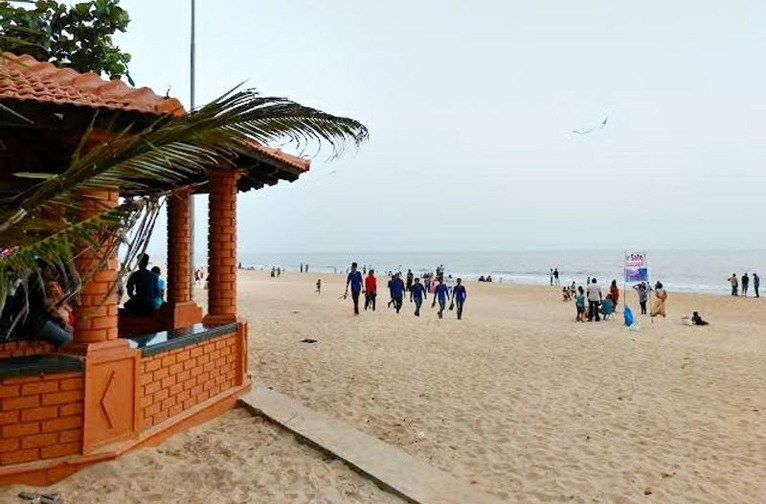
In 2022 a 75-day citizen-led cleanliness campaign "Swachh Sagar, Surakshit Sagar/Clean Coast Safe Sea" was initiated along India’s entire coastline, for improving the health of the ocean through collective action. The strategic underlying goals attempted to charge up transformation and environmental conservation through behavioural change among the masses by raising awareness about how plastic usage is destroying our marine life. The Blue Flag certification not only amplifies potential opportunities for tourism in India. It also acts as an impetus for India’s broader commitment towards sustainable environmental management and responsible tourism practices through continued coastal management programs, waste reduction initiatives, and biodiversity protection measures.